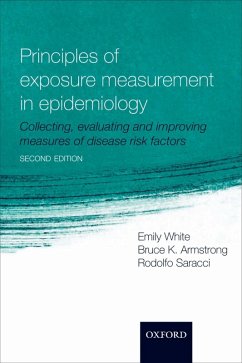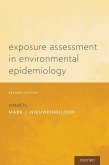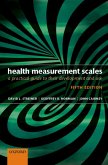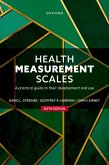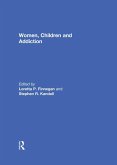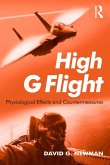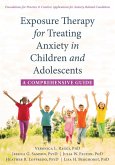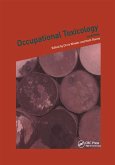The second edition of this internationally acclaimed title is the ideal handbook for those involved in conducting epidemiological research. The objective of most epidemiological studies is to relate exposure to putative causal agents to the occurrence of a particular disease. The achievement of this objective depends critically on accurate measurement of exposure. This book reviews principles and techniques that can be applied to measuring a wide range of exposures, including demographic, behavioral, medical, genetic, and environmental factors. The book covers questionnaire design, conducting personal interviews, abstracting information from medical records, use of proxy respondents, and measurements from human specimens and in the environment. It gives a comprehensive account of measurement error and the estimation of its effects, and the design, analysis, and interpretation of validity and reliability studies. Emphasis is given to the ways in which the validity of measurements can be increased. Techniques to maximize participation of subjects in epidemiological studies are discussed, and ethical issues relevant to exposure measurement are outlined.
Dieser Download kann aus rechtlichen Gründen nur mit Rechnungsadresse in A, B, BG, CY, CZ, D, DK, EW, E, FIN, F, GR, HR, H, IRL, I, LT, L, LR, M, NL, PL, P, R, S, SLO, SK ausgeliefert werden.

